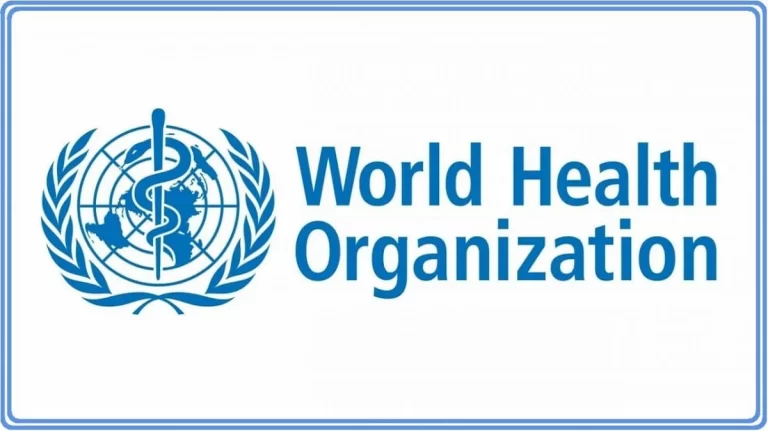The World Health Organisation, WHO, and other stakeholders have urged the Nigerian Government to invest in data and effective sustainable approaches to malaria elimination in the country.
Speaking at the Ministerial Roundtable Meeting – Rethinking Malaria Elimination in Nigeria, held in Abuja, WHO regional director for Africa, Dr Matshidiso Moeti, emphasised on the importance of having accurate and reliable data, in order to accelerate the fight against malaria in the country.
She said for Nigeria to accelerate its efforts, the country needs to invest more in data from local communities.
According to her, “What we need first and foremost in other to change the state in our countries is political commitment translated into action like we are seeing here in Nigeria with the increase in the budget.”
The minister of Health and Social Welfare, Prof. Mohammed Ali Pate, stated that the country was deploying tools that can reduce the burden of malaria.
He called for the support of partners in investment in malaria control and elimination, including local production of anti-malaria drugs, emphasizing the important role of community leaders across sectors as the fight against malatia requires collective efforts.
The minister said, “It also brings in the community leaders across sectors, the need to come together because it will take a movement of Nigerians, nobody will come from Geneva to solve the problem of malaria in Nigeria.
“It is Nigerian leaders in communities, traditional leaders, religious leaders and private sector leaders that will come together and join hands to solve the malaria problem.”
He stressed the need for Nigerians to move from idealism to pragmatism to be practical as to what is possible, by having high ambitions but also being realistic in order to shift from business as usual.
